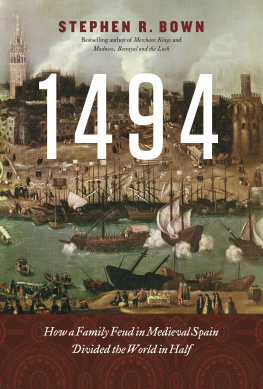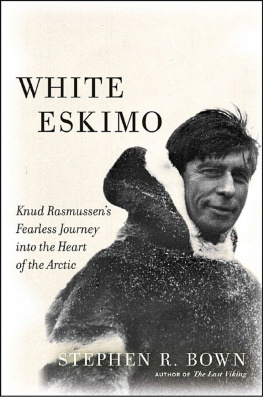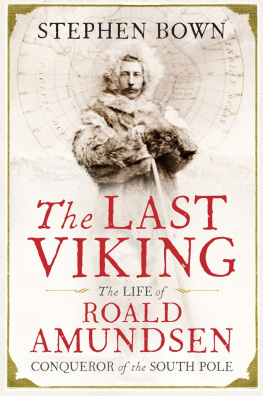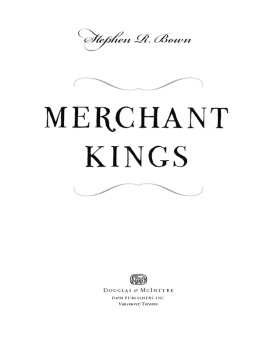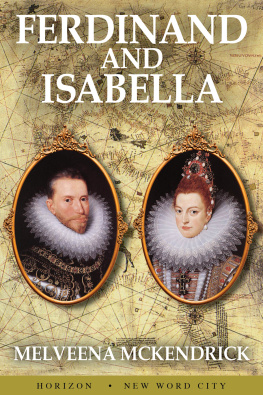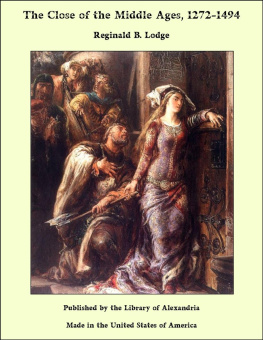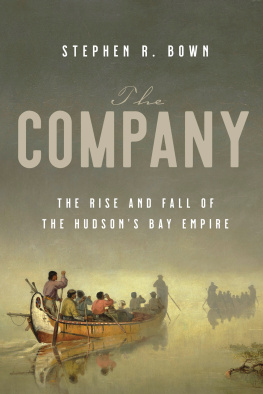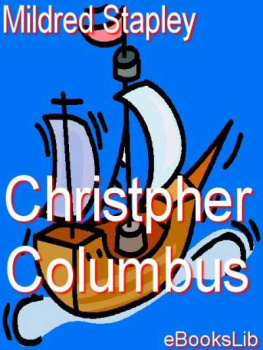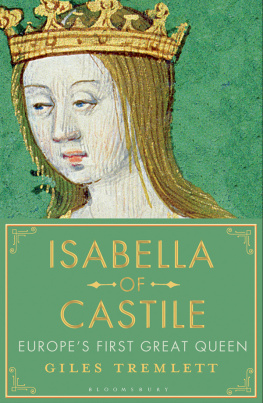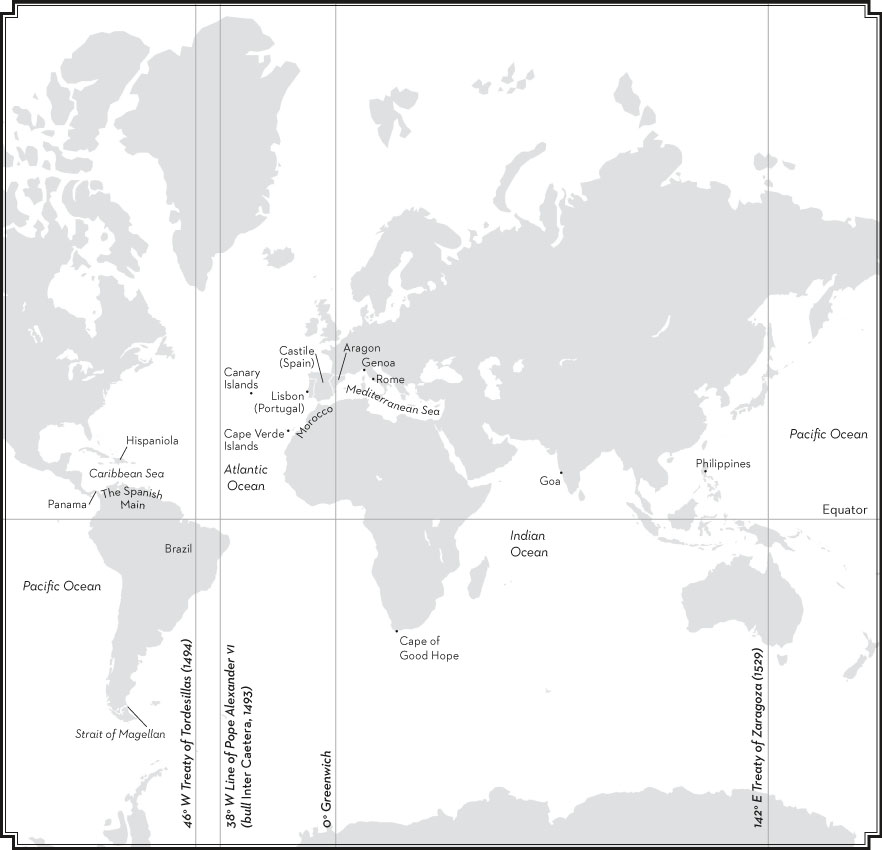Stephen R. Bown - 1494: How a Family Feud in Medieval Spain Divided the World in Half
Here you can read online Stephen R. Bown - 1494: How a Family Feud in Medieval Spain Divided the World in Half full text of the book (entire story) in english for free. Download pdf and epub, get meaning, cover and reviews about this ebook. year: 2012, publisher: Thomas Dunne Books, genre: Non-fiction. Description of the work, (preface) as well as reviews are available. Best literature library LitArk.com created for fans of good reading and offers a wide selection of genres:
Romance novel
Science fiction
Adventure
Detective
Science
History
Home and family
Prose
Art
Politics
Computer
Non-fiction
Religion
Business
Children
Humor
Choose a favorite category and find really read worthwhile books. Enjoy immersion in the world of imagination, feel the emotions of the characters or learn something new for yourself, make an fascinating discovery.
- Book:1494: How a Family Feud in Medieval Spain Divided the World in Half
- Author:
- Publisher:Thomas Dunne Books
- Genre:
- Year:2012
- Rating:4 / 5
- Favourites:Add to favourites
- Your mark:
1494: How a Family Feud in Medieval Spain Divided the World in Half: summary, description and annotation
We offer to read an annotation, description, summary or preface (depends on what the author of the book "1494: How a Family Feud in Medieval Spain Divided the World in Half" wrote himself). If you haven't found the necessary information about the book — write in the comments, we will try to find it.
--Toronto Star
In 1494, award-winning author Stephen R. Bown tells the untold story of the explosive feud between monarchs, clergy, and explorers that split the globe between Spain and Portugal and made the worlds oceans a battleground.
When Columbus triumphantly returned from America to Spain in 1493, his discoveries inflamed an already-smouldering conflict between Spains renowned monarchs, Ferdinand and Isabella, and Portugals Joo II. Which nation was to control the worlds oceans? To quell the argument, Pope Alexander VIthe notorious Rodrigo Borgiaissued a proclamation laying the foundation for the Treaty of Tordesillas of 1494, an edict that created an imaginary line in the Atlantic Ocean dividing the entire known (and unknown) world between Spain and Portugal.
Just as the worlds oceans were about to be opened by Columbuss epochal voyage, the treaty sought to limit the seas to these two favored Catholic nations. The edict was to have a profound influence on world history: it propelled Spain and Portugal to superpower status, steered many other European nations on a collision course, and became the central grievance in two centuries of international espionage, piracy, and warfare.
The treaty also began the fight for the freedom of the seasthe epic struggle to determine whether the worlds oceans, and thus global commerce, would be controlled by the decree of an autocrat or be open to the ships of any nationa distinctly modern notion, championed in the early seventeenth century by the Dutch legal theorist Hugo Grotius, whose arguments became the foundation of international law.
At the heart of one of the greatest international diplomatic and political agreements of the last five centuries were the strained relationships and passions of a handful of powerful individuals. They were linked by a shared history, mutual animosity, and personal obligationsquarrels, rivalries, and hatreds that dated back decades. Yet the struggle ultimately stemmed from a young womans determination to defy tradition and the king, and to choose her own husband.
Stephen R. Bown: author's other books
Who wrote 1494: How a Family Feud in Medieval Spain Divided the World in Half? Find out the surname, the name of the author of the book and a list of all author's works by series.

